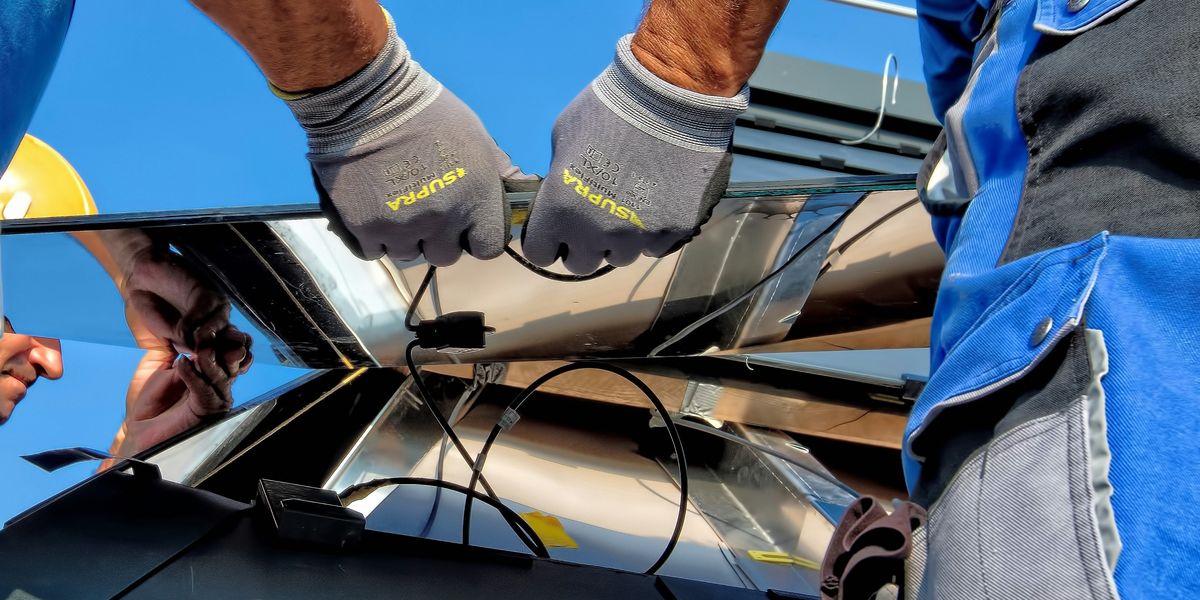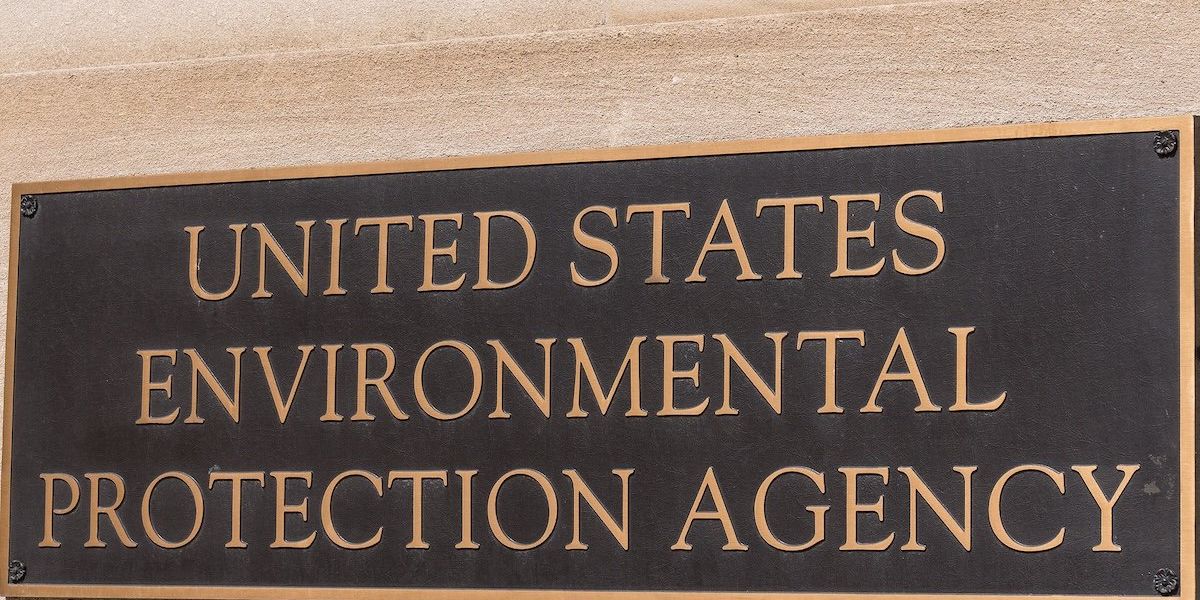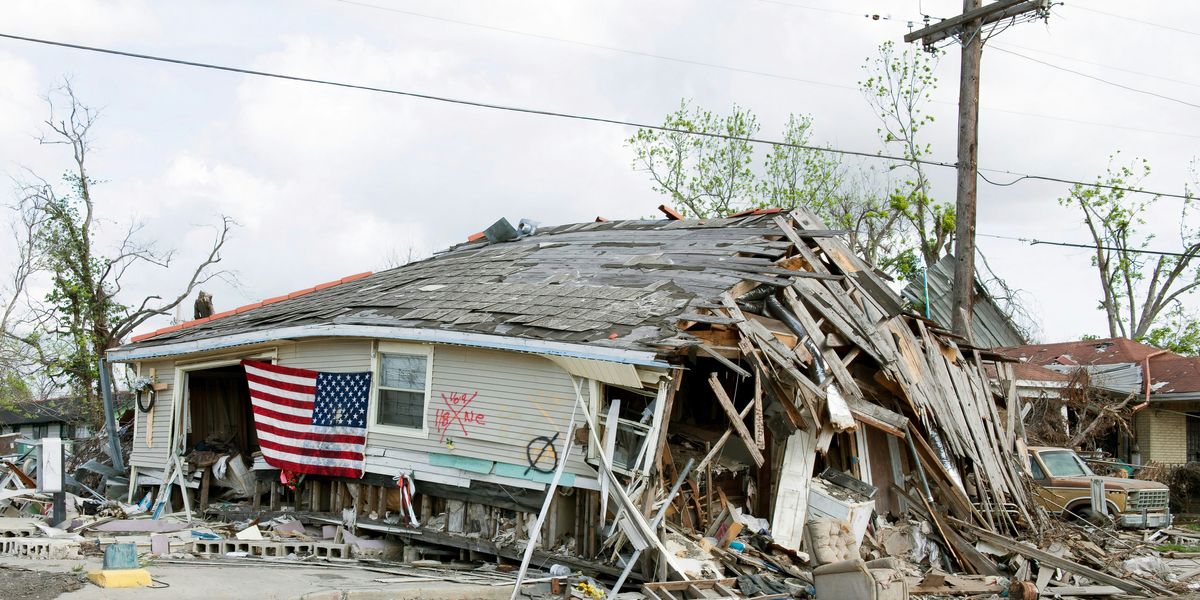silica
New federal rule targets hazardous silica dust in mining
The recent initiative by U.S. federal authorities introduces stringent measures to combat the exposure of miners to dangerous silica dust, a move set to prompt significant health surveillance advancements in the mining industry. It could also increase understanding of health impacts among workers in metal mining connected to the energy transition.
In short:
- The Biden administration's new regulation aims to control silica dust exposure in mines, enhancing worker health protection and data collection on related diseases.
- Increased medical surveillance and periodic health examinations will be provided at no cost to miners, across all mine types.
- The rule emphasizes engineering controls over personal protective equipment to meet dust exposure limits.
- It may also advance understanding of the rate at which similar illnesses are increasing among mine workers in nickel, zinc and other metals tied to the energy transition.
Key quote:
"Doctors are diagnosing and treating more miners with black lung and other respiratory diseases than ever before, including at younger and younger ages.”
— Robert Cohen, clinical professor, University of Illinois Chicago
Why this matters:
Prolonged exposure to silica dust has been linked to an increased risk of developing lung cancer. The fine particles of silica can penetrate deep into the lungs, where they can cause cellular damage and increase the likelihood of cancerous growths. With demand increasing for critical metals necessary in the transition to cleaner energy sources, it's important to understand health risks for those miners as well.
Related: Study suggests pollution plays an outsized role in western Pennsylvania cancer rates.
In El Salvador and beyond, an unsolved kidney disease mystery
Black lung patients, advocates urge mine safety officials to update silica dust standards
The federal Mine Safety Health Administration is expected to issue a new proposed standard. Advocates support any moves the agency makes towards a new standard, but some worry it won’t go far enough.
Environmental groups demand quick end to Canada’s thermal coal exports
Federal watchdog finds coal safety regulator not protecting miners from silica dust
Remembering a miner who personified coal's contributions and costs
Coal mining continues during coronavirus pandemic. Experts say that puts miners’ health at risk
Because of the nature of the work and the significant incidence of lung damage from years of exposure to coal dust, silica and diesel exhaust, coal miners may be especially vulnerable to the coronavirus, medical researchers say.



















